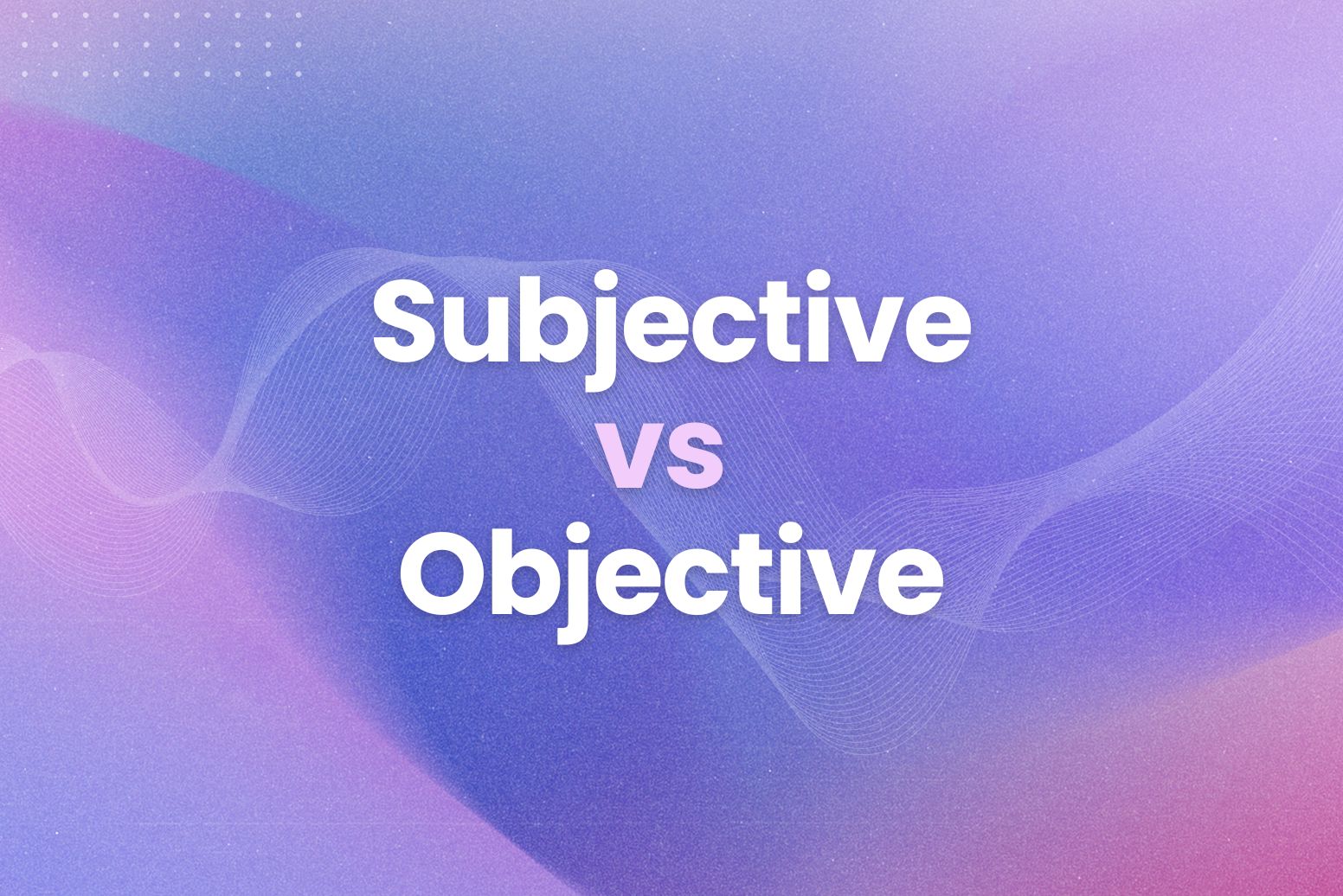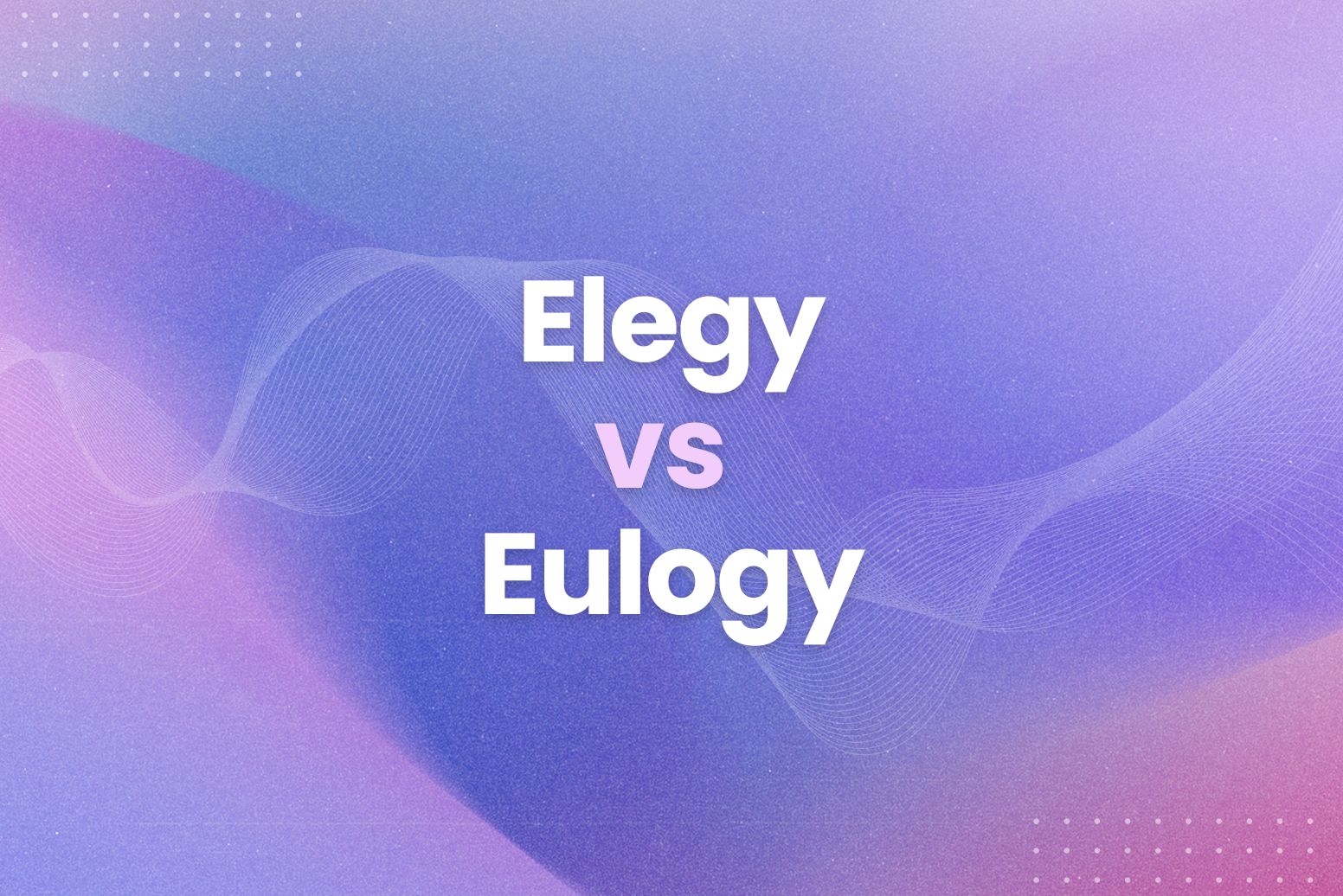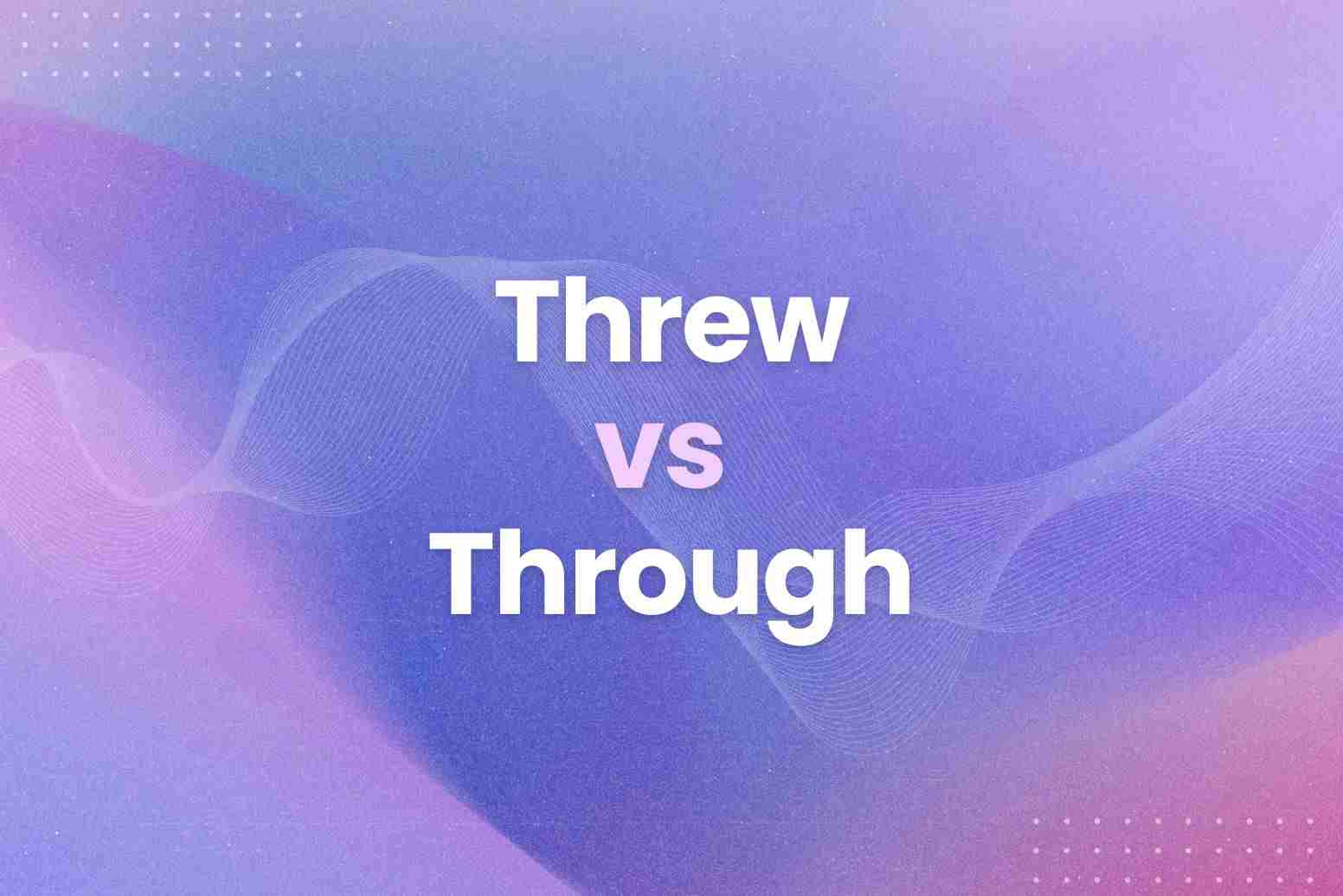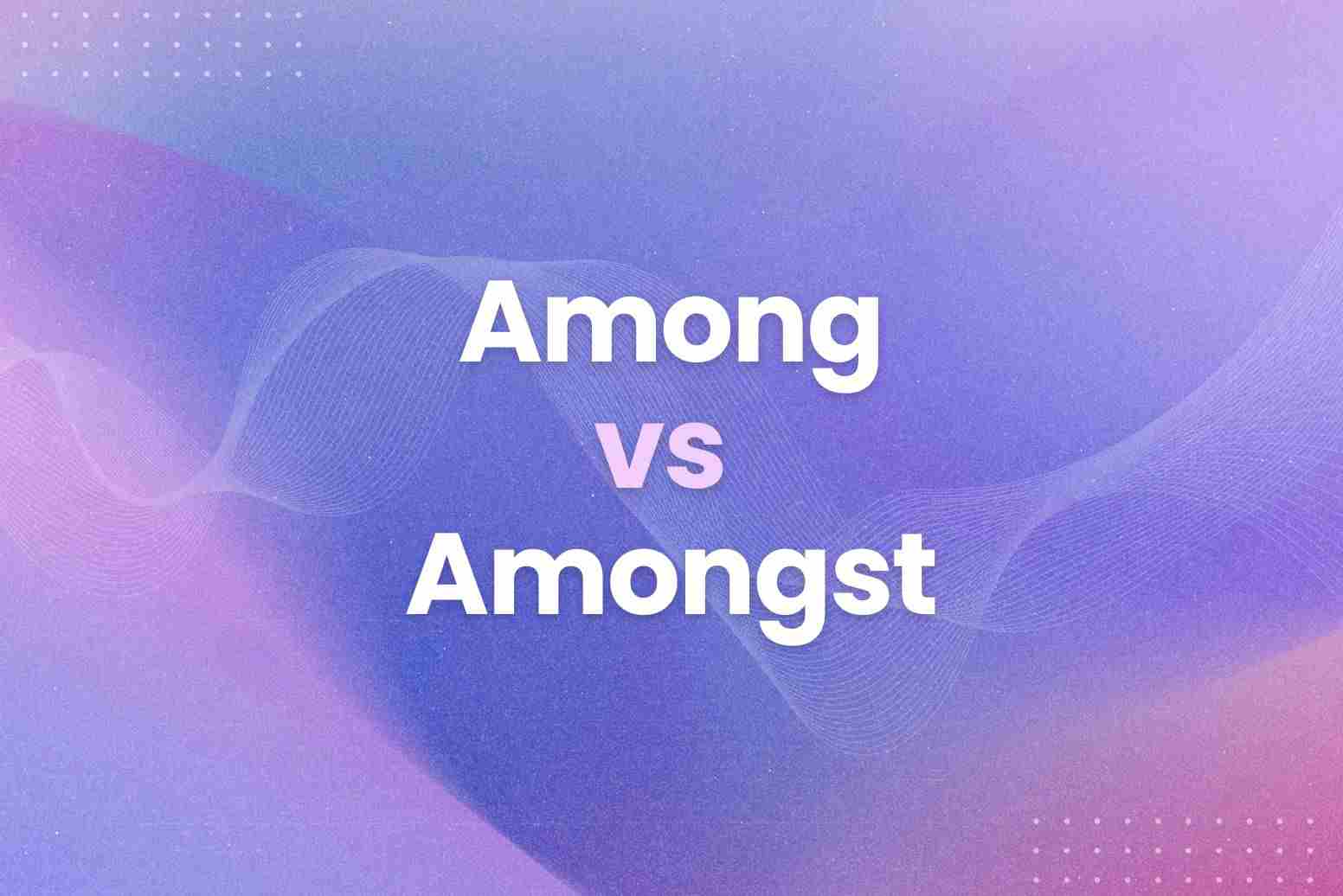Facts are facts, right? Not always. What seems like a clear-cut truth to one person might be colored by personal bias for another. This difference—between objective facts and subjective opinions—impacts everything from news reporting to scientific studies. Therefore, understanding this distinction between subjective vs objective is key for clear thinking.
Knowing how to separate objective data from subjective viewpoints helps you make better decisions. It also allows you to evaluate information more effectively.
This article explains how to tell the difference between subjective vs objective. In short, we’ll cover:
- Defining subjective and objective.
- Providing examples of each.
- Explaining why this distinction matters.
- Offering tips on how to identify each type.
Subjective and Objective Defined
Objective information sticks to the facts. It’s based on evidence and can be verified. For example, “The Earth is round” is an objective statement. Similarly, “Water boils at 100 degrees Celsius” is also objective. These statements are true regardless of personal feelings.
Subjective information, on the other hand, is based on personal opinions, feelings, or interpretations. For instance, saying, “That movie was boring,” is subjective. In the same vein, claiming “Chocolate ice cream is the best flavor” is also subjective. These statements reflect personal preferences. Therefore, they can vary from person to person.
Grammatically, objective statements often use concrete nouns and measurable data. For example, a scientific report uses specific numbers and observations. In contrast, subjective statements often include adjectives that express opinions (e.g., beautiful, ugly, interesting). Consequently, the language itself provides clues.
Here’s a quick table to further clarify:
| Feature | Objective | Subjective |
| Basis | Facts, evidence, data | Opinions, feelings, interpretations |
| Verifiability | Can be proven true or false | Cannot be proven true or false |
| Language | Concrete nouns, measurable data | Adjectives expressing opinions |
| Example | “The building is 50 stories tall.” | “The building is impressively tall.” |
Examples of Each
Let’s look at more examples to solidify the difference. Firstly, consider a weather report. “The temperature is 25 degrees Celsius” is objective. It’s a measurable fact. However, saying “It’s a pleasant day” is subjective. This depends on individual preferences for temperature.
Secondly, think about art criticism. “The painting uses blue and yellow hues” is objective. It’s a simple observation. But, stating “The painting is beautiful” is subjective. This is an opinion about the artwork’s aesthetic appeal.
Thirdly, consider product reviews. “This phone has a 6-inch screen” is objective. This is a technical specification. On the other hand, “This phone is easy to use” is subjective. Ease of use can vary from person to person.
Here are some more examples in a bulleted list:
- Objective: The car travels at 60 miles per hour.
- Subjective: The car is driving too fast.
- Objective: The book is 300 pages long.
- Subjective: The book is a long read.
- Objective: The cake contains 200 calories per slice.
- Subjective: The cake is delicious.
These examples show how the same topic can be described both objectively and subjectively. After that, we can discuss why this distinction is important.
Why This Distinction Matters
Why does this difference between subjective and objective matter? Firstly, it’s crucial for clear communication. If you mistake an opinion for a fact, misunderstandings can happen. For example, if someone says, “The movie was long,” you might assume it was over three hours. However, they might simply mean it felt long to them.
Secondly, this distinction is important for critical thinking. When evaluating information, you need to know if it’s based on evidence or personal bias. Consequently, this helps you make informed decisions. For instance, in scientific studies, objective data is essential for drawing accurate conclusions.
Thirdly, separating subjective from objective information is key in professional settings. For example, in business, market research relies on objective data to understand consumer trends. Similarly, in journalism, objective reporting is vital for maintaining credibility.
Here’s a breakdown of areas where this distinction is particularly important:
- Science: Objective data is the foundation of scientific discovery.
- Journalism: Objective reporting ensures accuracy and fairness.
- Law: Evidence presented in court should be objective and verifiable.
- Business: Market research and data analysis rely on objective data.
In short, knowing the difference between subjective vs objective information is a valuable skill in many areas of life. After that, we’ll go over some tips to help you spot the difference.
Spotting the Difference? Arvin Can Help.
Subjective vs objective: two sides of the same coin. Understanding their differences is key for clear thinking, effective communication, and smart decision-making. Therefore, recognizing whether information is based on fact or opinion gives you a powerful tool for navigating the information age.
Here are the key takeaways on subjective vs objective:
- Objective information is factual and verifiable.
- Subjective information is based on opinions and interpretations.
- This distinction is crucial for clear communication and critical thinking.
- Grammar and word choice often provide clues.
Now, checking your own writing for objective and subjective language can be tricky. But, what if you had a tool to help? Arvin, our AI-powered browser extension, can analyze text for grammatical accuracy and help you identify potentially subjective phrasing.
For example, if you’re writing a report and want to ensure it’s objective, you can use Arvin to review your work. It’s like having an extra set of eyes, ensuring your writing is clear, concise, and fact-based. This way, you can focus on getting your message across, knowing the language is solid.
FAQs
What’s the difference between objective and subjective?
Objective information is based on facts and evidence. It can be verified. Subjective information is based on opinions, feelings, or interpretations. Therefore, it cannot be proven true or false in the same way.
What is the difference between subjective and objective feedback?
Objective feedback focuses on measurable aspects. For example, “You completed five sales calls today.” Subjective feedback focuses on personal impressions. For instance, “You seemed confident on the calls.” Consequently, one is based on data, the other on perception.
What is a subjective opinion?
A subjective opinion is a personal belief or judgment. It’s based on individual feelings or interpretations. Therefore, it can vary from person to person. For example, liking a certain type of music is a subjective opinion.
What is an example of subjective and objective truth?
An objective truth is a fact that is true for everyone. For example, “The sun rises in the east.” A subjective “truth” is a personal belief. For instance, “This is the best song ever” is a subjective “truth” because not everyone will agree. Therefore, objective truths are verifiable, while subjective “truths” are not.






